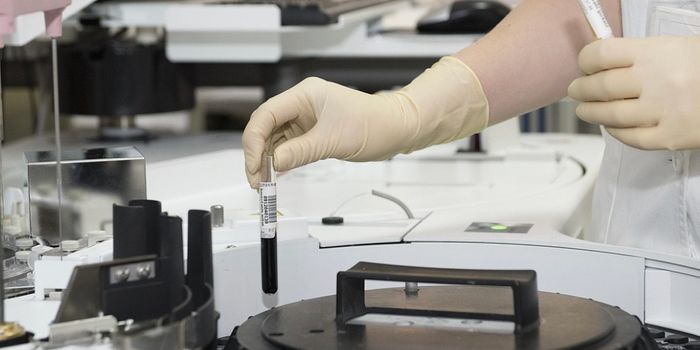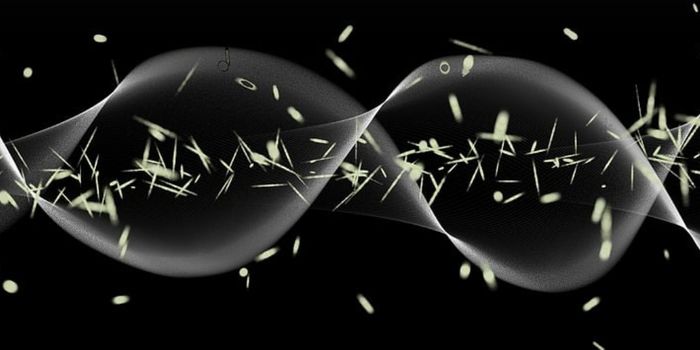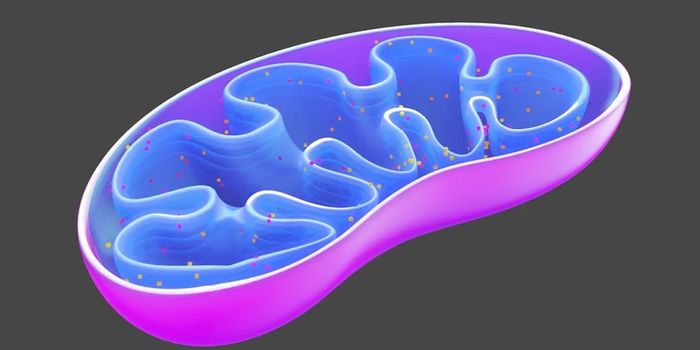New Way to Determine What Our Genes Do
Geneticists at the University of Virginia (UVA) School of Medicine have developed a new way to determine what our genes do. This will not only allow scientists to better understand the genetic causes of certain diseases, but also more effectively map out how new drugs may work on different targets.
Until now, understanding the function of a specific gene has been very challenging. Usually blocking the function of genes and observing the results, as one gene may have multiple functionalities, it is often difficult to pinpoint causes and correlations precisely.
According to Michael J. Guertin from UVA’s Department of Biochemistry and Molecular Genetics, “The problem with that approach is that if you make a mutation in a gene, or you delete a gene, then that can perturb the entire system for hours, days or, sometimes, an entire lifetime (Anderton: 2019).”
Moreover, given that some genes are essential for life to function, blocking them to observe effects may result in death of the organism, and thus become a pursuit in vein.
Due to these complications, Guertin and research scientist Kizhakke Mattada Sathyan sought to develop another way to determine what our genes do. Unlike earlier methods, their new technique makes use of a plant protein to rapidly degrade proteins encoded by genes with more precision and control than previous methods, and without many of the negative downstream effects typically observed (News Staff: 2019).
Possible at a negligible cost, Guertin said, “It's pretty simple for a competent molecular biology lab to pick up the tools that we provided and adopt this within their research program...And we think it will offer big benefits for them (Anderton: 2019)."
In particular, this new technique is likely to benefit drug development, as it will make it much easier to determine the efficacy of a drug by seeing whether it has the same effect as blocking a gene in lab conditions.
Moreover, Sathyan added that it may also have a useful application for gardners, “Another good thing about this is that auxins (the plant hormone) are some of the weed killers used in the garden...It has some toxicity, so you could use this new information in the plant world to develop better, safer weed killers (ibid.)."
Sources
Anderton, Kate: News Medical
News Staff: CBS









